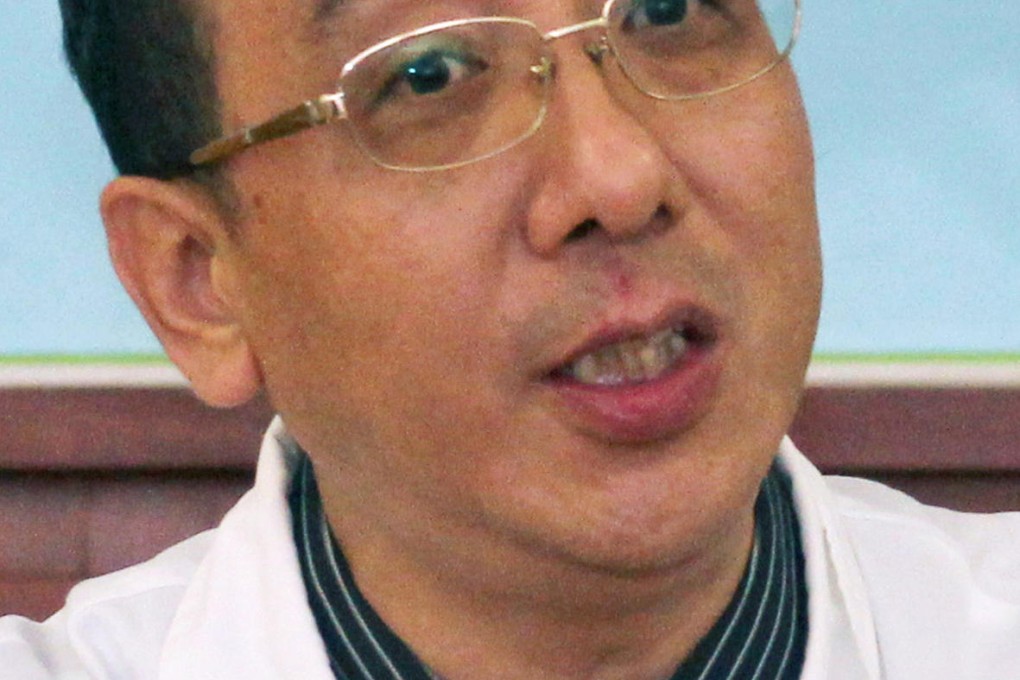Asthma patients can now breathe easy for longer
Scholars of Chinese medicine have drawn on nanotechnology to create a new drug-delivery system that can provide a controlled release of medicine in the bodies of pulmonary disease sufferers for up to three days.

Scholars of Chinese medicine have drawn on nanotechnology to create a new drug-delivery system that can provide a controlled release of medicine in the bodies of pulmonary disease sufferers for up to three days.

Baptist University researcher Dr Yang Zhijun said dehydrated lipid non-vesicles - essentially, tiny nano-bubbles - could effectively transport the drug into a patient's lungs and offer therapeutic periods of up to 72 hours.
"We can now administer the same or even smaller doses of drugs but achieve prolonged effectiveness," said Yang, an associate professor at the university's School of Chinese Medicine.
"An inhaler that can usually be used for a month can now be used for about three months."
Traditional inhalers were only as effective as their user's lung capacity, Yang said. But since high doses of medication would harm the membrane of the respiratory tract, patients were usually prescribed limited doses every four hours to ensure a sustained therapeutic effect, he said.